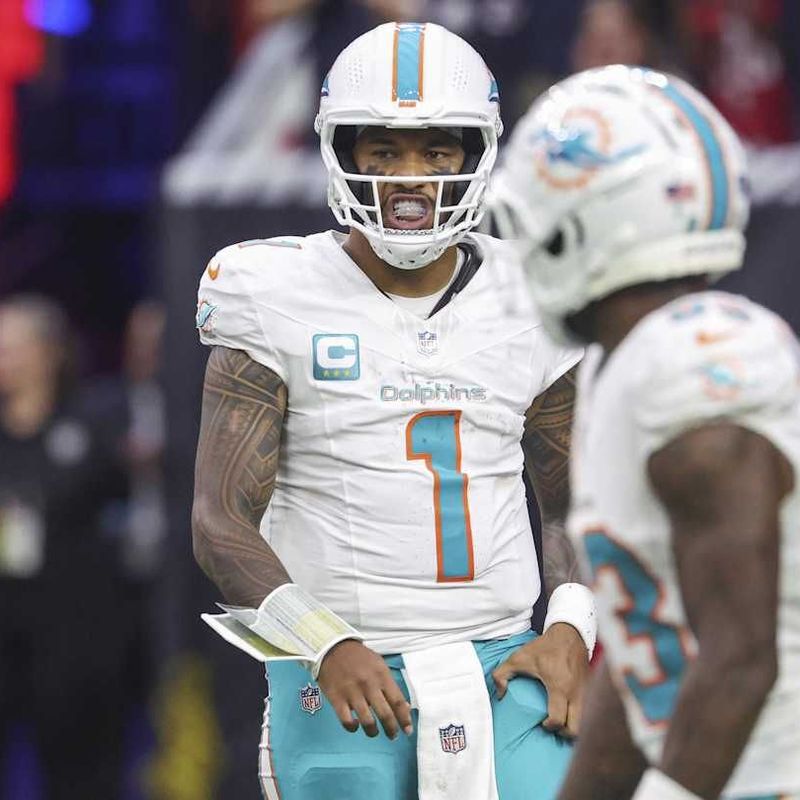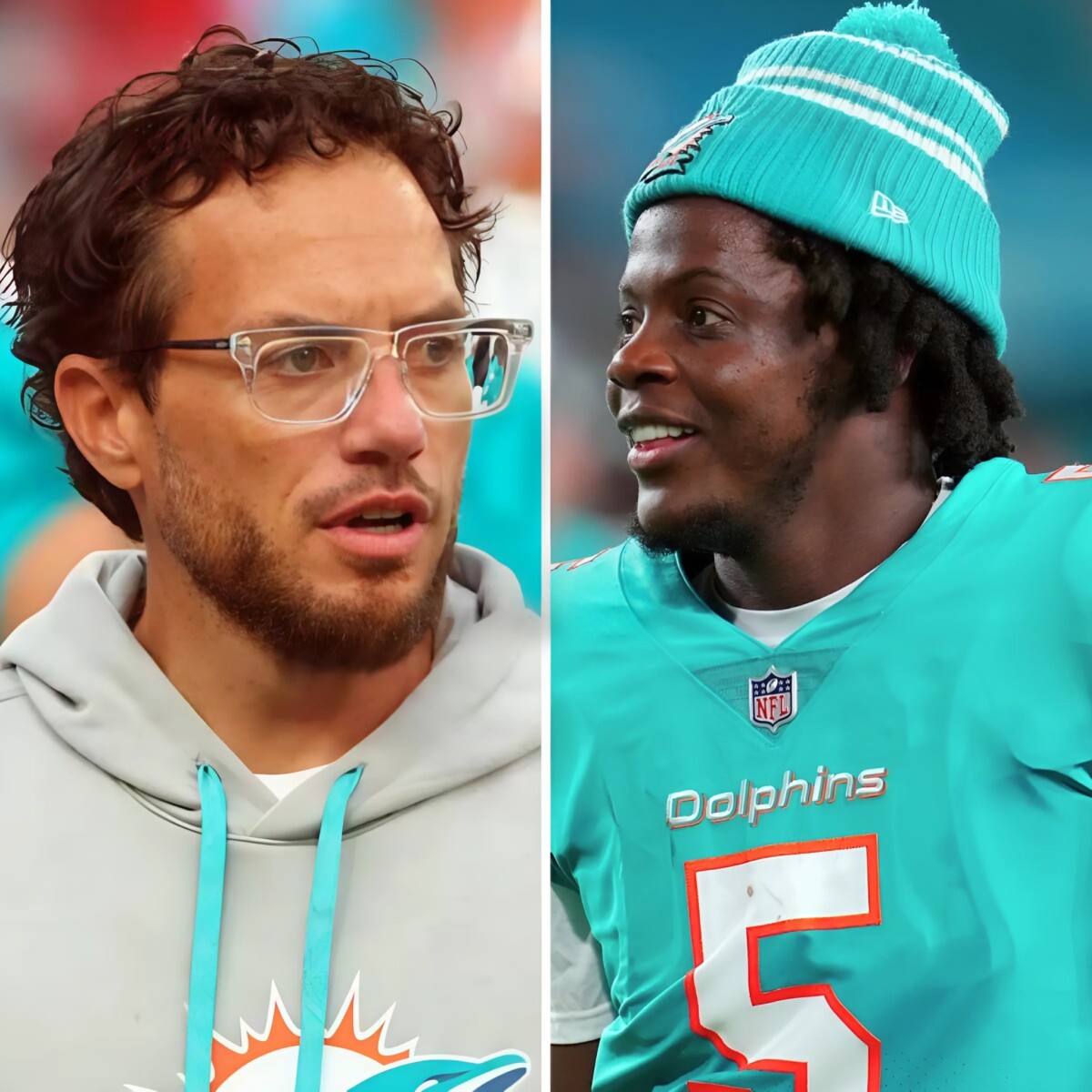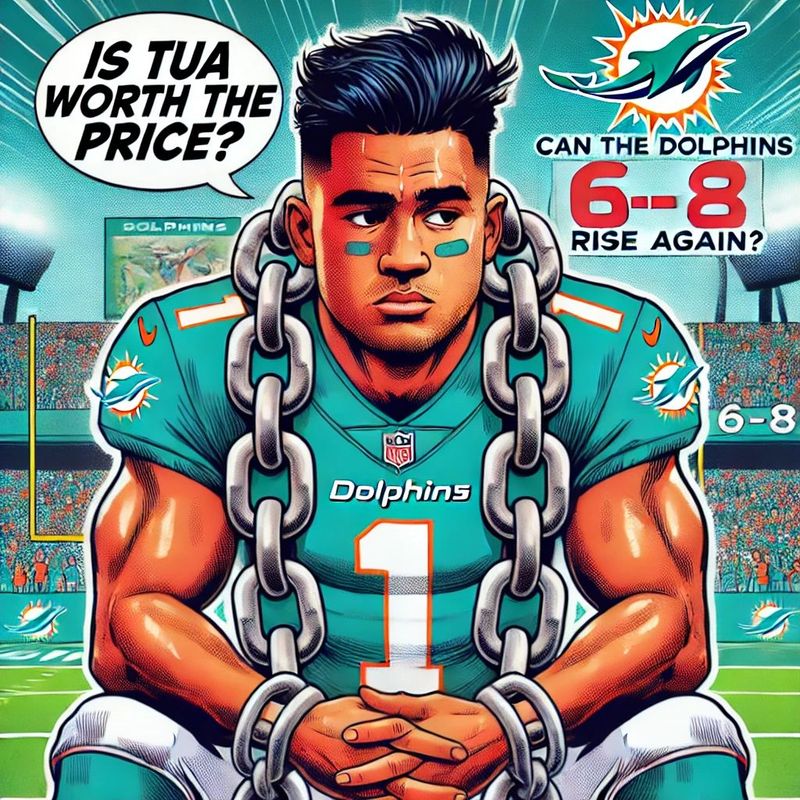It was a familiar scene for the Miami Dolphins at NRG Stadium on Sunday as their setback in Houston highlighted some deep-rooted issues within the organization. This loss wasn’t just a blow to their dwindling playoff aspirations; it was a clear indication of the team’s current standing and resilience.
Even if the Dolphins miraculously made it into the playoffs, would anyone truly back them to pull off a road upset in the wild-card round? Winning seems far-fetched, staying competitive, even more so.
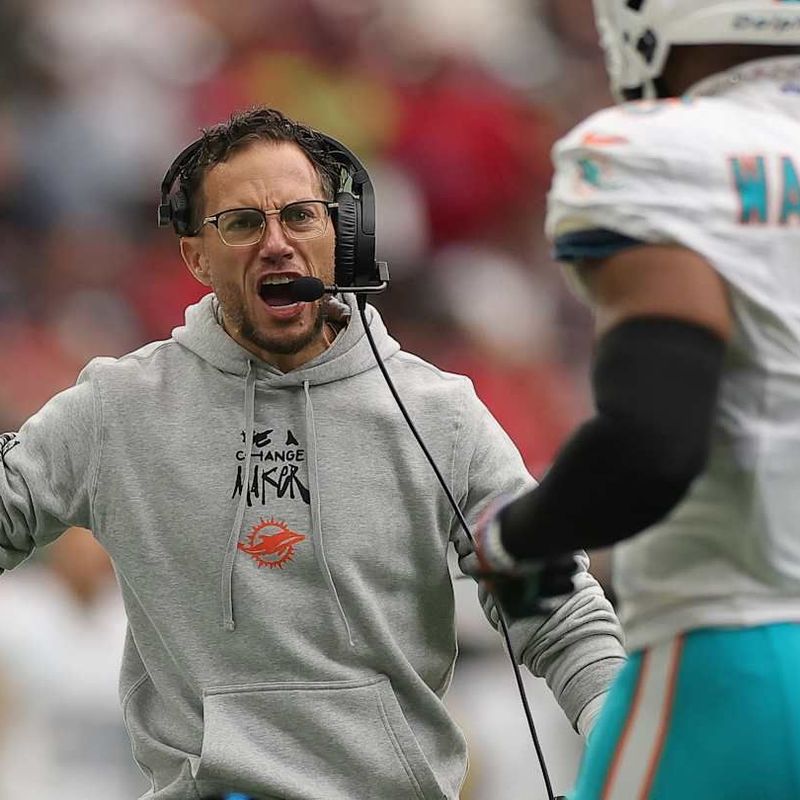
The hard truth is that the Dolphins aren’t built for the high-pressure games that take place in December and January, especially on the road. Their showdown in Houston was yet another missed opportunity to “change the narrative,” a narrative that’s more an indisputable reality at this point. While they did notch a commendable win against the Rams in Week 10 at SoFi Stadium, that was mid-November, and the Rams’ home advantage is often diluted by visiting fans.
The true tests were the games at Green Bay and Houston. In both contests, the Dolphins came across as a team out of its depth, failing to lead at any point.
Against Green Bay, it was a 27-3 deficit before the Dolphins managed a modest comeback, eventually falling by 13 points. Their defense gave it a good fight in Houston, but when the offense and special teams falter, gifting the Texans favorable positions, it’s hard to mount a successful challenge.
CLUTCH GAME STRUGGLES
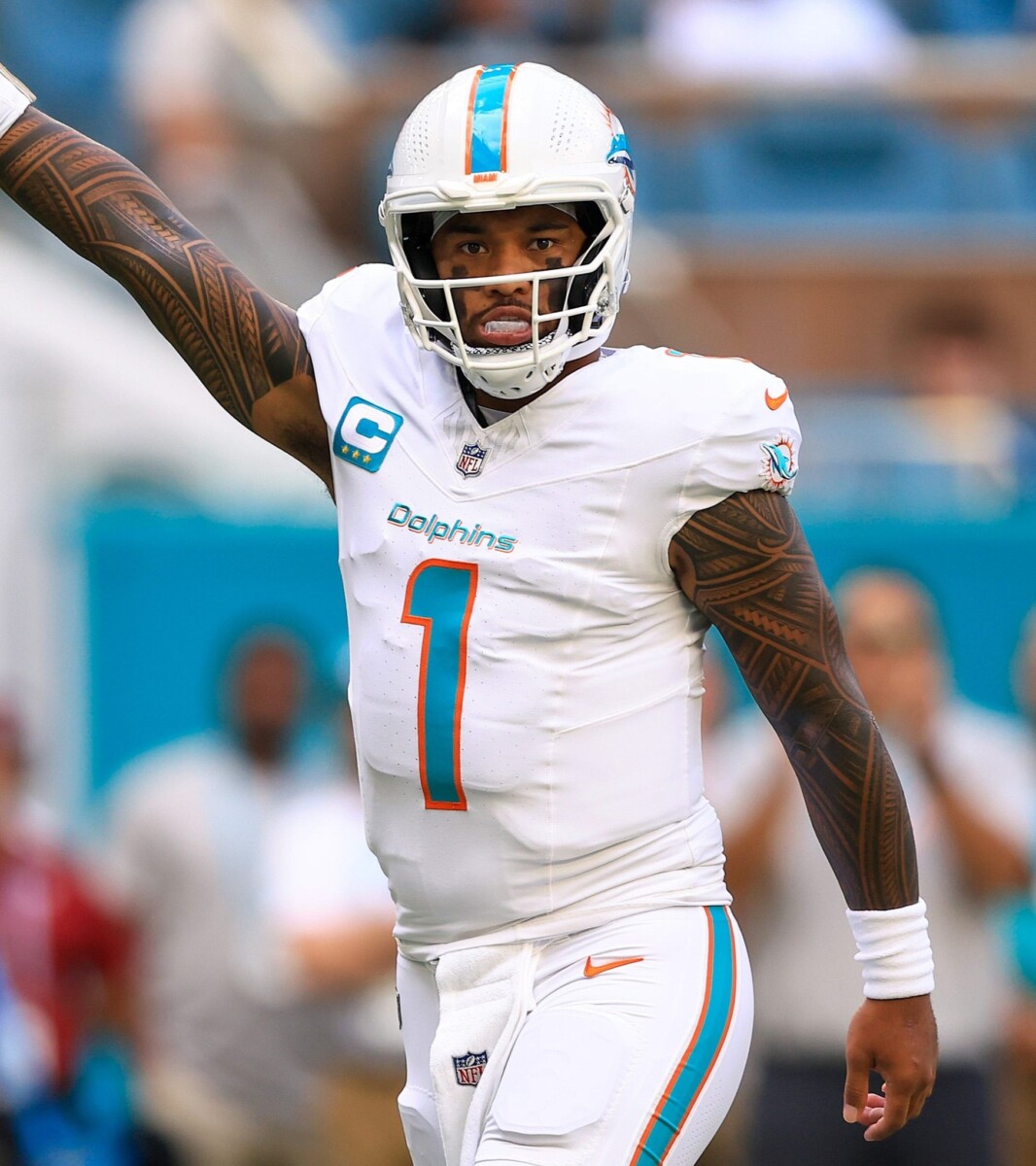
Offensive struggles in must-win games have become all too common for Miami. More often than not, the Dolphins score in the teens against tough opponents. Seventeen points against Green Bay, twelve against Houston, fourteen in their regular-season finale against Buffalo, and similar patterns against San Francisco and the Chargers last December expose the team’s offensive complexion, supposedly their strength.
The Dolphins’ offense is flashy, brimming with speed, but lacks the grit and tenacity needed for December and January football. Quarterback Tua Tagovailoa shows flashes of brilliance against mediocre opponents, particularly early in the season.
However, performances like the one in Houston are among the worst of his career. There were no excuses this time, like adverse weather or an underwhelming supporting cast.
Yes, Tagovailoa faced more pressure than usual without Terron Armstead and Kendall Lamm, but stating he was constantly under duress would be inaccurate. His completion percentage soared past 70 percent again, largely due to the multitude of screens and short passes. But when the average gain per completion hovers around just 6.8 yards, it underscores the lack of downfield threat.
FINDING SOLUTIONS
Whose responsibility is this, and how does it improve? Football, as always, doesn’t revolve around a single player, coach, or executive.
Tagovailoa will have to shoulder some blame for the turnovers against Houston, but he’s not the sole issue. There’s evidence suggesting he has a ceiling until his late-season performances against top teams improve significantly.
The offensive line’s struggles were on full display, especially with Jackson Carman and rookie Patrick Paul starting on the right side. The line had a rough time against Houston’s pass rush. Furthermore, their running game has stalled all season, not just in these critical games.
Tyreek Hill, too, hasn’t looked like his dominant self from 2022 and 2023. While his presence aids the underneath passing game, being targeted for three interceptions in Houston is telling. Those three picks outnumber his receptions.
We can’t overlook the roles of architects Mike McDaniel and Chris Grier. The Dolphins’ speed-and-timing-based style offers less margin for error compared to teams relying on physicality.
This became evident late last season and is even more pronounced now. The Dolphins need more than a reliance on speed – they need a physical edge.
Is it time for an overhaul? One could argue so, given Sunday’s performance. However, moving forward, whoever is charged with steering the ship needs to make substantial changes, focusing on smarter decisions in drafts, offensive line improvement, and securing a reliable backup quarterback.
To become playoff-worthy, the Dolphins need to bring more physicality to their offense. A bigger running back could make a significant difference.
Holding onto promising talent like Chris Brooks could have been one solution. Bolstering the offensive line should have been a priority, echoing GM Chris Grier’s sentiment on the matter.
The Dolphins must direct their focus to building with physicality, not just finesse.


